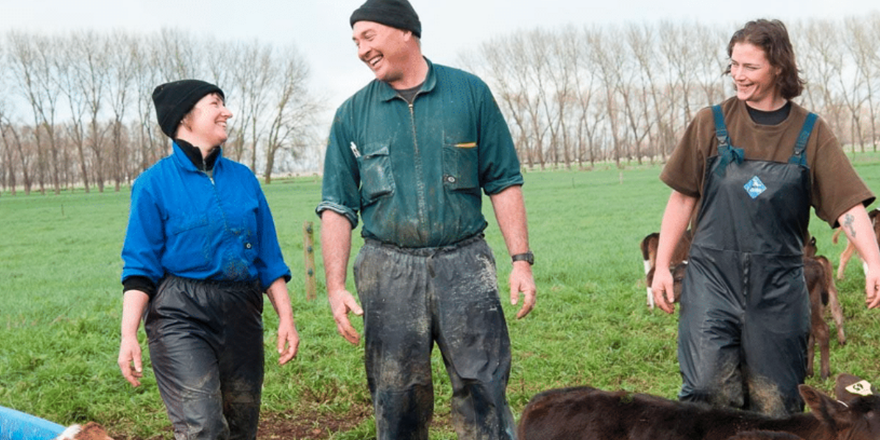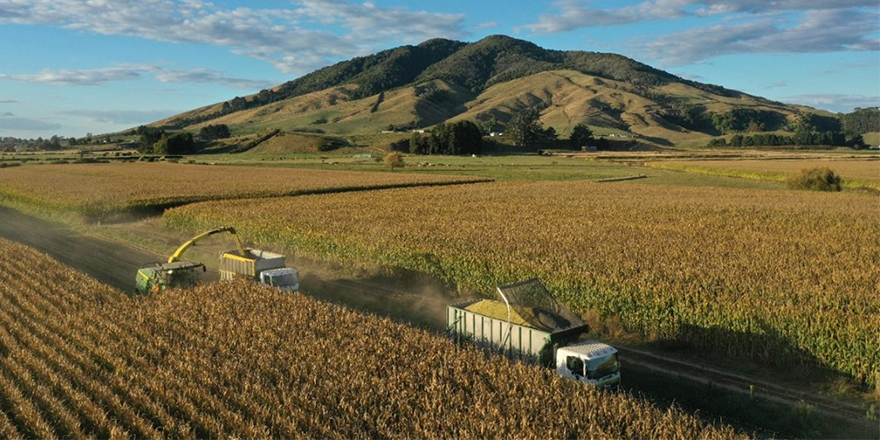
Executive Summary
This report is an analysis and evaluation of the strategies to communicate and engage members of a New Zealand dairy co-operative (co-op).
It has been written with three aims in mind. Firstly, this report has the aim of becoming a discussion piece exploring a new frontier of how dairy co-ops need to connect and engage with their members. The second aim is to highlight the importance of learning from past research and literature, so we can make informed decisions, today. And thirdly, this report aims to share and grow the understanding and effect of co-operative member engagement.
A strong research-based strategy is at the core of this report’s methodology. Literature reviews have been conducted to gain an understanding of co-operative lifecycles and connection between financial and social capital. The reviews also establish change in member demographics, generational differences, and connection and engagement models. The method of co-op member strategic analysis includes a survey of 670 farmer shareholders and 3,393 employees, as well as key feedback from six farmer shareholders and six employees who engaged in an overnight farmer bulleting program.
The keys findings of this report highlight the need for dairy co-operatives in New Zealand to apply strategies that align with 4 key member needs; sustainable financial performance, greater purpose, empowering communities through looking after the environment and being a national champion. Engagement is essential for co-operative survival, it is vital these themes are addressed to ensure their license to operate remains strong. Engagement is key for not only shareholders, employees, but also the public who will expect higher social, environmental and economic standards.
As change is inevitable, it is vital shareholders are a part of change journey to ensure their voice is heard in any co-operative strategy. Therefore, I would recommend conducting further research that would entail, exploring the implementation and effectiveness of many of these recommended engagement strategies:
- Conducting a focus group of participants who are willing to test strategies to measure their effectiveness to overall engagement
- Identify their initial mindset and level of engagement but conducting formal interviews/ surveys with set questions before the strategies are tested
- Identify where the participants would like to go to in regard to engagement
- Implementation of trial strategy and recording of key events with participant’s involvement to track overall movement. Key months of implementation and timing would be outside of the calving season, with the variation of trial time varying between each strategy
- Conduct a further formal interview/ survey to track any movement experiencing during the implementation of the trial strategy
- Gather feedback from stakeholders involved with strategy trials and seek feedback from participants
- Implement changes to advance engagement for co-operative members
Download and read the full report here




